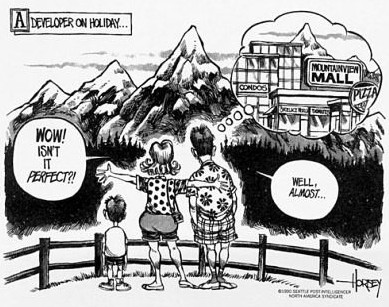

People often ask me about my current home,
I could tell you so many stories of a people with music in their language, with languages like fruit, and with fruits like water. I could tell you a story of a people who have peoples within peoples. I could tell you a story of people who originated from the Sahara,
And people always precociously reminisce and extrapolate from their experiences from others countries. And yes, it’s very similar. There are many people who are without. The wealth and income inequality is the highest in the world. To this day, I still meet people who tell me they think South
Now usually, globally, inequality has a weird inverse effect. In many countries where you have great wealth accumulation and disposable income, you have people who are unhappy, emotionally unhealthy, spiritually sick, divorce-happy, etc. Much of this came out in the book Afluenza. Long working hours, living alone and loneliness, insatiable quest for material gain, broken families, non-stop commercialism—all these things are related to our quest for more. So what seemed like a good thing has resulted in a societal sickness in which we have produced an unhappy people, and that’s not the worst part. We produce a unhappiness-begetting unhappy people; in the same way that a mother can transmit AIDS to a baby (MTCT), so we infect our children with this infectious contagion of epidemic proportions and we teach them how to infect their children.
Fly a million miles or a thousand miles to any developing country or “third world” country? What do you a see? Before you answer that, remember that these people have very little. They make very little money, they eat very little food. They have a limited view of life and are not considered “cosmopolitan.” Look hard; what do you see? You see a smiling people. You see people who are happy. You see people who give more of what they have than the amount that Westerners give. You see people who overly hospitable and overly loving. You see people who love life and are happy with nothing. You see people who are not university educated yet life professors who enjoy teaching and learning. You see people who are joyful. You see people who give even the nothing you have. You see love.
Now hop back on your plane and fly another thousand kilometers to
And it hits you. Things are different. It’s the first country you enter where people are both poor and angry. They are poor and bitter. They are poor and resentful. They are poor and ready to fight. To date, I have not fully figured out why this is, nor do I expect to fully understand this dynamic, but I know it is true, and I have experienced. In the rest of the world, poor people are happy. Here poor people are unhappy.
Even Europeans have told me they can tell when the person they are meeting is not a South African because the demeanor is different. The foreign Africans seem happier, unfettered down by the materialistic society’s weights. It’s like they are the stereotype of poor people in the global community. But when you see an African that it is bitter or beaten down or unhappy, they tend to be South African.
Perhaps this is because of the ridiculous inequality that exists here between the haves and the have-nots. Perhaps it is because in all the 14 years since apartheid wealth inequality has not improved; crime has not improved (though some officials say it has; to be fair you must look at a specific region and a between specific years); etc.
Yet in all their grievances over the years with apartheid and the unfair societal, mental, and emotional enslavement under this system that benefited the ruling people socioeconomically, I have not heard of one retaliatory incident once apartheid ended. Is there still tension between races? Yes. But has there been any clashes between whites and blacks? No.
So what do they do with all the anger? I am not sure, but I can tell you where there have been clashes—with foreigners. They are not only visibly angry with foreigners they are actively angry. You see many South Africans are upset over the international response to their plight. Even though we non-South African Africans feel we did do things and had an influence over what happened in
And so we have had clashes. For a two weeks now, gangs in Alexandra (
Immigration issues happen all over the world—
But just a few years back when people fled
In fact this phenomenon extends to a geopolitical framework. Many African nations (if you can really speak of a nation [you cannot]) are offended by protectionist trade policies (could be seen as the trade manifestation of xenophobia though that is pushing it) and xenophobia displayed in 
In the

No comments:
Post a Comment